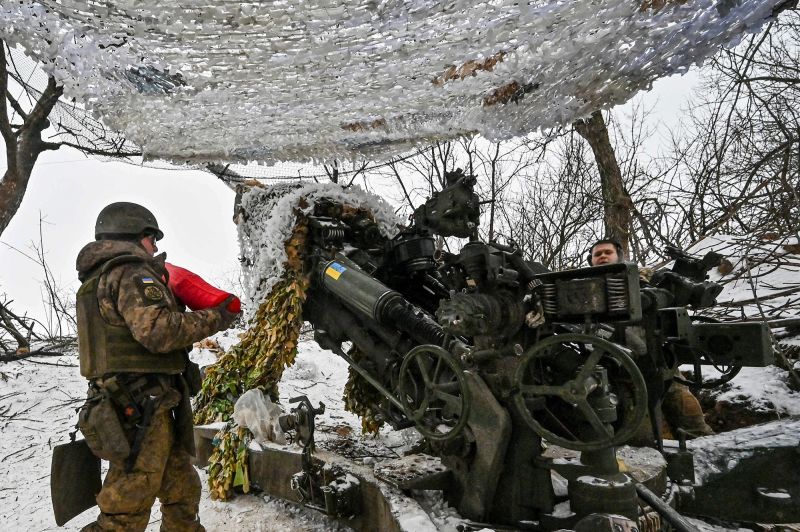As Russia continues to expand its influence in various global affairs, its gains are proving precarious for Ukraine. The need for Ukraine to reinforce its military personnel to counter any possible intrusion is peaking at an unprecedented rate. However, the method to address this requirement directs towards expanding draft, which in turn, is igniting controversies. This text intends to explore such dynamics, controversies, and potential solutions in the wake of the escalating tensions.
The resurgence of Russia in global affairs has set off alarm bells, particularly in the Eastern European regions, notably Ukraine. Ukraine shares a historically tumultuous relationship with its eastern neighbor. Considering the annexation of Crimea in 2014, and the ongoing conflict in Eastern Ukraine, a resolution seems distant. Ukraine’s critical need to bolster its military cohorts is palpable. Russia, exhibiting its military might with each passing day, is piling pressure on Ukraine to fortify its defense line. To address such emerging challenges, the thought of expanding draft in Ukraine has surfaced.
Expanding the draft essentially means enforcing compulsory conscription of a specific demographic, frequently young adults, into military service. This method has proven successful in the past, especially during times of war or significant conflicts. It can provide an immediate boost to the country’s military personnel capacity, creating a stronger defense line against potential external threats. The call for such an expansion stems from this logic of urgent, necessary reinforcement.
However, such a decision does not come without its fair share of criticism and controversy. The scars of Soviet-time conscriptions still linger in the collective consciousness of the Ukrainian society. The older generation vividly remembers the sanctions of obligatory military service and the hardships endured. Such memories fuel a reticence towards enforcing a widespread draft, especially among those who themselves, or their kin, risk being conscripted.
Among the younger generation of Ukrainians, the fear of conscription emanates from different reasons. Many argue that the country’s focus should be on professionalizing the military, deepening NATO integration, and modernizing the armed forces, rather than extracting an unwilling civilian force. They advocate for a military service that ensures job security, fair wages, and a sturdy system that protects soldiers’ rights, which compulsory draft might not guarantee.
Furthermore, draft expansion in today’s Ukraine implicitly implies being dragged into a war of larger proportions. With Ukrainian society already facing the repercussions of the existing conflict, the idea of expanding adversity is met with resistance. This suggests that the Ukrainian society’s apprehension towards an expanded draft






























